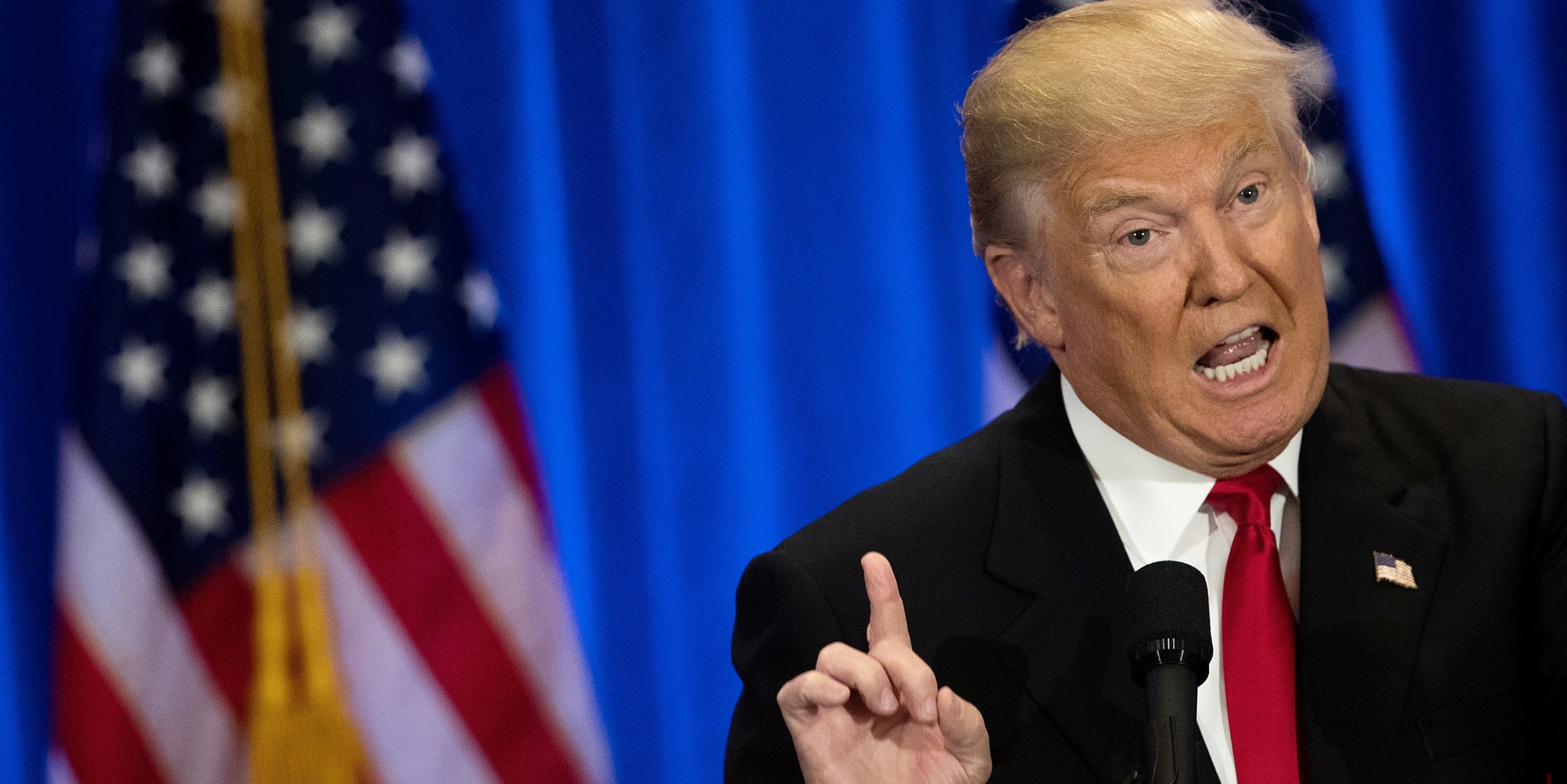On Tuesday, U.S., Canadian and Mexican negotiators initiated a crucial week-long round of talks to update NAFTA while the concern the Trump administration is planning to leave the trade deal could disturb the markets.
Time is expiring for Canada and Mexico to meet the demands from the U.S. that calls for large changes to the North American Free Trade Agreement, which President Donald Trump believes has negatively impacted the U.S. economy.
For the second to last round, officials met in Montreal for the sixth round which are supposed to be finished by the end of March to avoid colliding with Mexico’s general elections.
“The Montreal round … will be a high-noon moment I think for the agreement,” said James Moore, a former Canadian minister.
According to sources, both the Canadian and Mexican governments are willing accommodate a U.S. demand regarding the amount of North American content in autos be increased to meet the criteria for duty-free status in NAFTA.
However, Ottawa and Mexico City contest the suggestion that autos manufactured on the continent should possess a 50 percent U.S. content. There are also disagreements regarding how to handle the U.S. desire for changes to several dispute resolution methods.

THE MORNING REPORT
Start your workday the right way with the news that matters most.
Your information is 100% secure with us and will never be shared Disclaimer & Privacy Policy
Canadian officials are pessimistic regarding the uncertainty over the negotiations and if the U.S. intends to instead walk away.
“If you’re unsure where the other side wants to go it is really difficult to know what would please them unless you capitulate, and that’s not going to happen,” one person briefed on Ottawa’s negotiating stance said on condition of anonymity.
Trump has recently expressed opposing views on what he intends to do regarding NAFTA, concerned investors are apprehensive that one of the world’s principal trading blocs may in the end become disrupted.
Canada exports about 75 percent of its goods to the U.S. and has responded to the uncertainty regarding the future of the agreement by make an effort to spread its trade efforts. On Tuesday, Canada as well as ten other nations came to an agreement to sign a revised Asia-Pacific trade pact. The U.S. rejected an earlier version of the deal.
 D. Marie
D. Marie 




